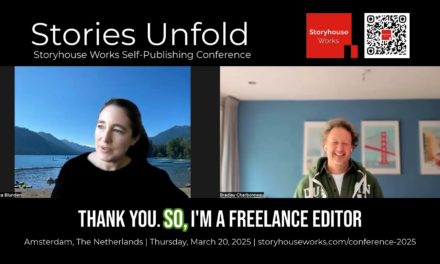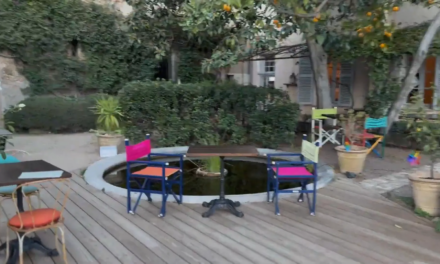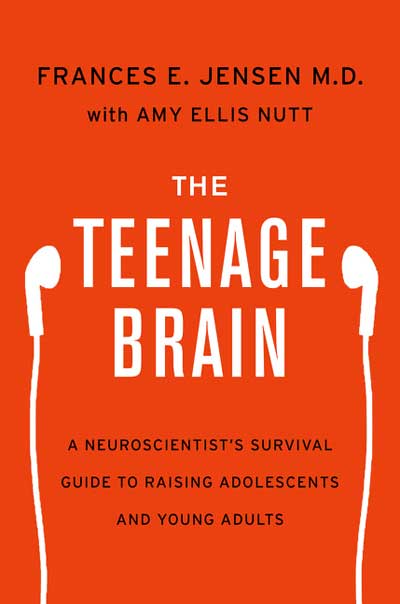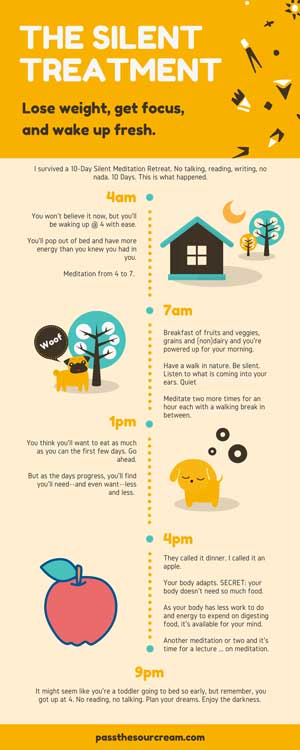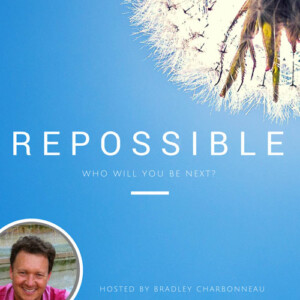
The Teenage Brain
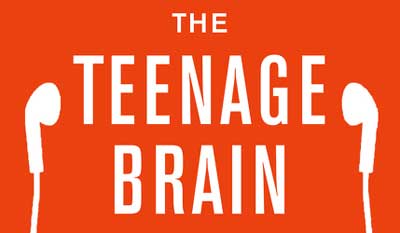
An extremely enlightening insight into the brain of teenagers and how it’s not quite what we might think in there.
I just finished “The Teenage Brain: A Neuroscientist’s Survival Guide to Raising Adolescents and Young Adults.” I listened to it as an audiobook (from the library).
I love books about the brain and I love reading about the brain. It’s fascinating. But I was hoping here to find some insight and help into dealing with, improving and managing teenagers. This book was more of a science book on neuroscience (which, again, is awesome), but I suppose I was just hoping for some more “How To.”
If you’re looking for a Step by Step guide to working with your teenagers, this isn’t it.
Towards the end of the book, I was hoping to get into the meat of the matter on some solid tips on working with our dear teenagers. But it seemed to be mostly what NOT to do (e.g. drink, smoke marijuana, do drugs, play contact sports, etc.).
In looking back on the book, it does help having learned more about how the teenage brain works so that we understand (a little) better how to react and work with our kids to help them become better adults–and not get killed. A few too many examples of how teens died because of their stupid decisions.
If the teenage brain isn’t yet fully developed, how can we be forecasting their future so early?
One chapter that struck a chord with me was about how, in England (and also in The Netherlands, where I live), students take exams around the age of 11 (maybe differs per country) and this then more or less determines their future.
If they don’t do well on the exam, they won’t get into the educational track that leads to university. They’ll go to other schools and can certainly learn and go on to great jobs and careers, but the idea that so much is decided so young just seems like a terrible one.
Personally, if I was tested at age 11, I probably would have been sent back to kindergarten so I could play with dirt more and learn how to tie my shoes properly. I think not only is age 11 too young, but even, as the author Frances Jensen points out, they couldn’t do too much harm by deciding where “kids” should go even 10 years later at age 21, when their brains are more developed–although even then not completely.

